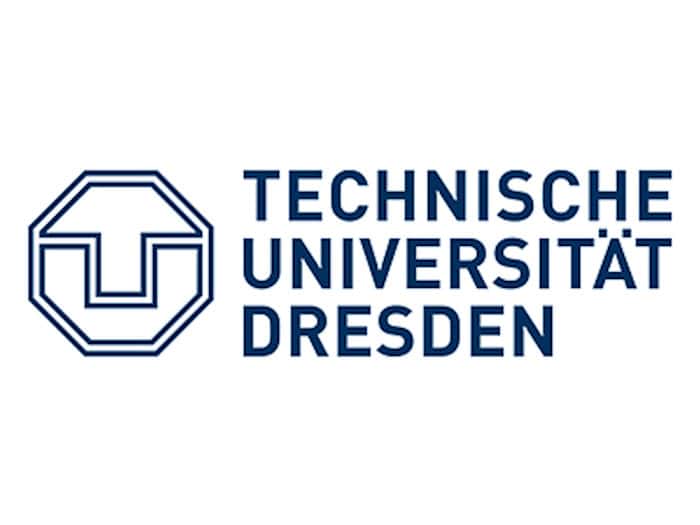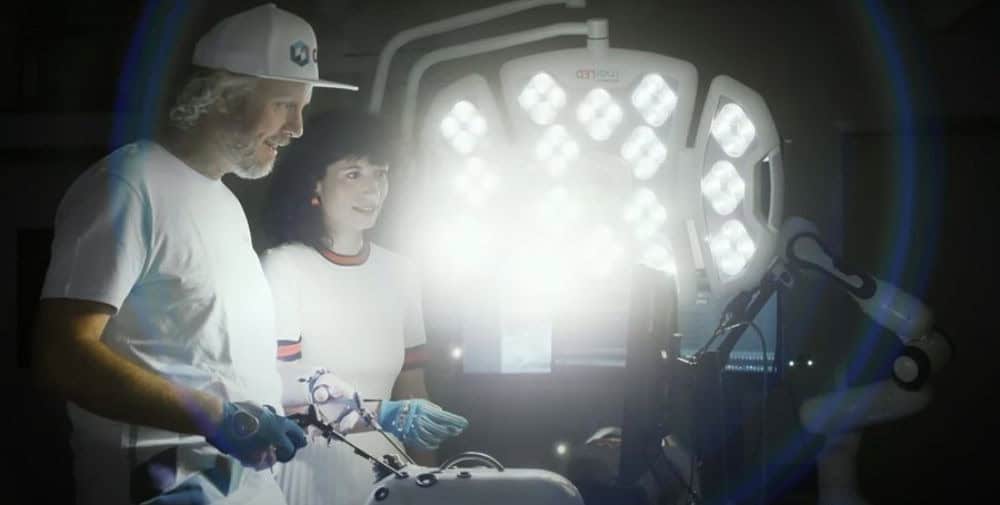
From Saxony, Prof. Frank Fitzek, holder of the Deutsche Telekom Professorship for Communication Networks and spokesperson for the Cluster of Excellence Centre for Tactile Internet with Human-in-the-Loop (CeTI), and Prof. Stefanie Speidel, Professor of Translational Surgical Oncology at the National Center for Tumor Diseases Dresden (NCT/UCC) and CeTI spokesperson (both TUD), are involved. Prof. Holger Boche (TUM) and Prof. Gitta Kutyniok (LMU) are involved in the project from the Bavarian side.
The Free States of Saxony and Bavaria are providing six million euros until 2027 for the transnational scientific cooperation in the GAIn pilot project. TU Dresden has earmarked three million euros for the project between 2024 and 2027. The first allocation of around 500,000 euros has already been made by the Saxon Ministry of Science.
Prof. Ursula Staudinger, Rector of TUD: “The GAIn project builds on the globally recognized expertise of the University of Excellence TUD in the field of interaction between hardware and AI applications, builds on the CeTI Cluster of Excellence and strengthens our existing cooperation with the Munich Universities Excellence Network.”
Prof. Frank Fitzek (TUD): “In my view, the GAIn project offers a great opportunity to significantly shape AI-controlled communication networks. With our research and expertise in the field of future communication networks, we can actively contribute to solving the challenges in the areas of energy consumption, computing power and reliability of AI systems in order to create added value for society at the same time. The transnational cooperation between Saxony and Bavaria not only strengthens Germany’s technological sovereignty, but will also be important for the CeTI excellence application.”
Prof.in Stefanie Speidel (TUD): “The development of new AI hardware and software concepts as part of the GAIn project is of great importance to me in order to enable further progress in medical AI and robotics research. By reducing the energy consumption and increasing the stability of AI systems, we can ensure that assistance systems in surgery work even more precisely and efficiently. These advances mean that surgical interventions can be performed more safely and in a more targeted manner, which ultimately benefits patients.”
Saxony’s Science Minister Sebastian Gemkow: “With the GAIn research project, we want to give Saxony and Bavaria an international leadership role in central computing technologies and thus also make a contribution to Germany’s technological sovereignty. Saxony has built up impressive expertise in the field of visionary hardware, communication and robotics and is a European leader in microelectronics thanks to the establishment of large chip factories and innovative start-ups. The cooperation between Saxony and Bavaria promises to combine the outstanding research and innovation expertise available in both countries and to work together on completely new AI hardware and corresponding software concepts. I am delighted that we are able to support this outstanding project in Saxony with three million euros.”
Bavaria’s Science Minister Markus Blume: “Together, we are building the path to a new era: where there are still borders today, Bavaria and Saxony are expanding the horizon in AI research. With ever-increasing demands in medicine, robotics and communication, our technological progress must also increase in scale. Energy-efficient hardware and pioneering software concepts are our key to this. Even if we cannot yet imagine what will one day be possible, we must create a foundation now that we can build on in the future. Our two Munich Universities of Excellence and the TU Dresden provide an excellent team for this – we are happy to support them in Bavaria with three million euros over the next three years. In this way, we are using the unique boost of the 5.5 billion euro High-Tech Agenda and the new Bavarian AI offensive to provide further international impetus and strengthen Germany’s strategic position in this crucial future field in the long term.”
Within the framework of “GAIn”, the development of innovative AI hardware and corresponding software concepts is intended to solve problems in the areas of energy consumption, predictability, reliability and legal implementation. The aim is to significantly reduce the energy consumption of AI-based applications and achieve predictability and reliability. AI technologies should also be able to meet legal requirements.
Background: Challenges in the development of AI hardware and applications
The further development of AI hardware and applications faces challenges in the areas of energy consumption, computability, reliability and the implementation of legal requirements (such as the EU AI and EU Data Act).
- Predictability: AI solutions are not predictable on current hardware platforms for many problems.
- Reliability of AI: AI applications are not yet reliable in many respects, as shown by the unexpectedly slow development of autonomous driving despite massive investments by large and well-known companies. The hardware used to date (CPUs/GPUs) has been shown by scientific studies to be a causal problem.
- Legal problems: AI applications trained on current hardware platforms cannot fulfill the legally required “algorithmic transparency” and the “right to explanation” for various critical problem classes.
Contact
Sabine Hülsmann
Saxon State Ministry of Science, Culture and Tourism
Tel: +49 351 564-60220
Email: sabine.huelsmann@smwk.sachsen.de
– – – – –
Further links
👉 www.tu-dresden.de
Photo: AVANGA




